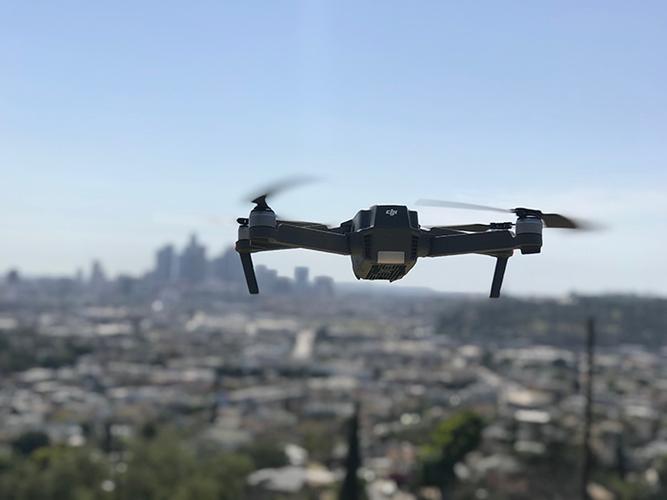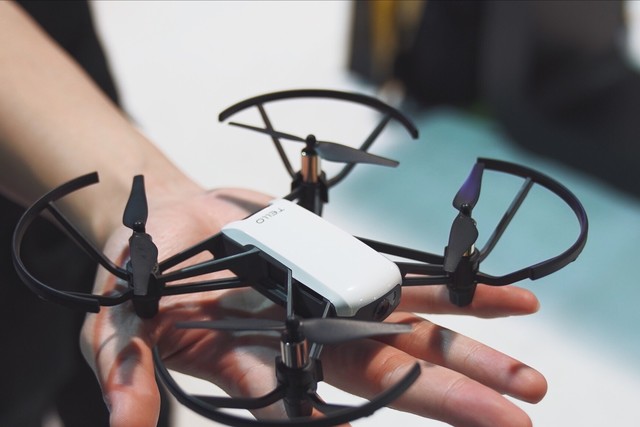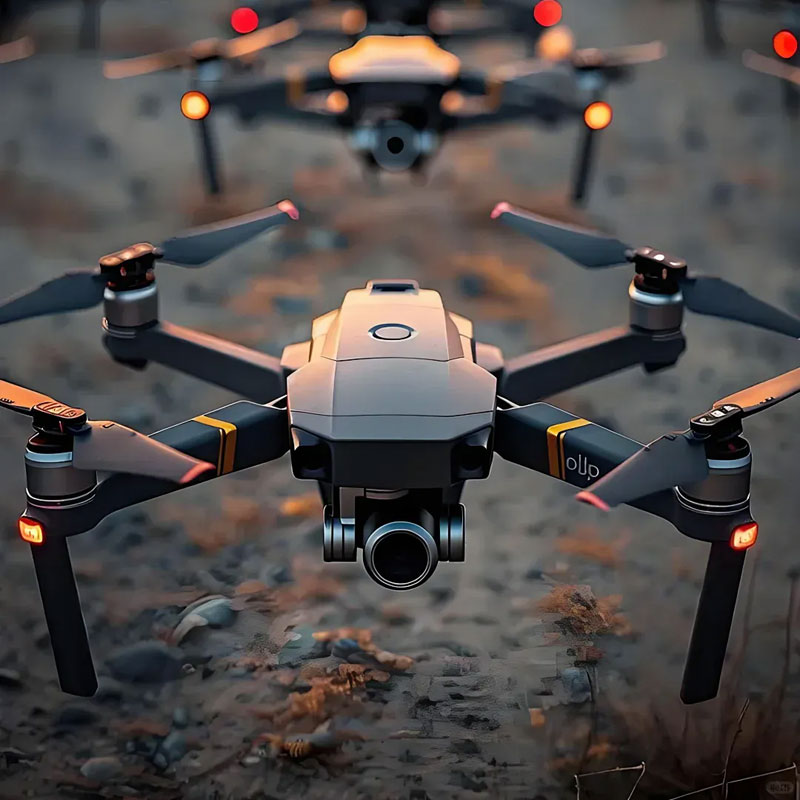In recent years, drones have surged in popularity across various sectors, leading to significant advancements and transformation in technology and society alike. But what’s with the drones? The proliferation of these unmanned aerial vehicles (UAVs) is largely driven by their multifaceted applications, ranging from recreational use to complex professional tasks. This article dives deep into the impact drones have had on modern technology and society and how they continue reshaping our world.
The Advent of Drone Technology
Drones, initially developed for military purposes, have now evolved into crucial tools in civilian and commercial spheres. The technology behind drones has become increasingly sophisticated, with advances in GPS navigation, battery efficiency, and payload capabilities enabling them to execute tasks with precision and reliability. Companies in industries such as agriculture, filmmaking, surveillance, and delivery services have harnessed these improvements to optimize efficiencies and innovate new business solutions.
- Precision Agriculture: Using drones equipped with multispectral sensors, farmers are able to monitor crop health, assess field conditions, and apply fertilizers and pesticides more accurately, thereby enhancing productivity and sustaining the environment.
- Film and Photography: The cinematic potential unlocked by drones is tremendous, with filmmakers capturing breathtaking aerial shots previously reserved for big-budget productions. Amateurs and professionals alike can now level up their craft with drone technology.
Economic Implications
The economic impact of drones is profound. They present opportunities for growth across sectors, creating new jobs and stimulating innovation. The drone industry is expected to contribute billions of dollars to the global economy over the coming years, reflecting its capacity to disrupt traditional business models and drive efficiency.

Take the delivery sector, for instance, where companies are exploring drone-based delivery systems to circumvent the challenges posed by traditional logistics methods. These systems promise faster, more efficient delivery of goods, potentially revolutionizing the e-commerce landscape.
The Role of Drones in Society

Drones are not just changing industries; they are impacting society in various ways. Their ability to provide real-time data and imagery has improved environmental monitoring, disaster response, and humanitarian aid operations. With drones, rescuers can explore inaccessible or dangerous areas quickly, aiding in life-saving operations and providing critical insights during emergencies.

The integration of drones in daily life raises questions about privacy, security, and regulation. As drones become more ubiquitous, governments and organizations are working to establish frameworks ensuring their safe and responsible use. Balancing innovation with public safety and ethical considerations is paramount to harnessing drones’ full potential.
Challenges and Future Prospects
While drones offer immense potential, they are not without challenges. Issues such as limited battery life, weather susceptibility, and regulatory constraints can hinder their application. As technology advances, these barriers will likely decrease, paving the way for wider adoption and innovative functionalities.
The future prospects for drones are promising, with advancements in AI and machine learning enhancing their capabilities. Autonomous drones could revolutionize autonomous delivery systems, medical supply chains, and urban planning.
FAQ
How do drones contribute to environmental conservation?
Drones assist in environmental conservation by providing high-resolution imagery and data that help track changes in critical ecosystems over time, thereby aiding conservation efforts.
What are the privacy concerns related to drone usage?
Major privacy concerns revolve around the potential misuse of drones for unauthorized surveillance. With drones capable of capturing detailed images and videos, regulations are necessary to protect individuals’ privacy rights.
Are delivery drones feasible for widespread use?
While delivery drones show promise, widespread use will depend on technological enhancements, regulatory approvals, and public acceptance. Innovations in battery life and navigation systems will be key to their success.
